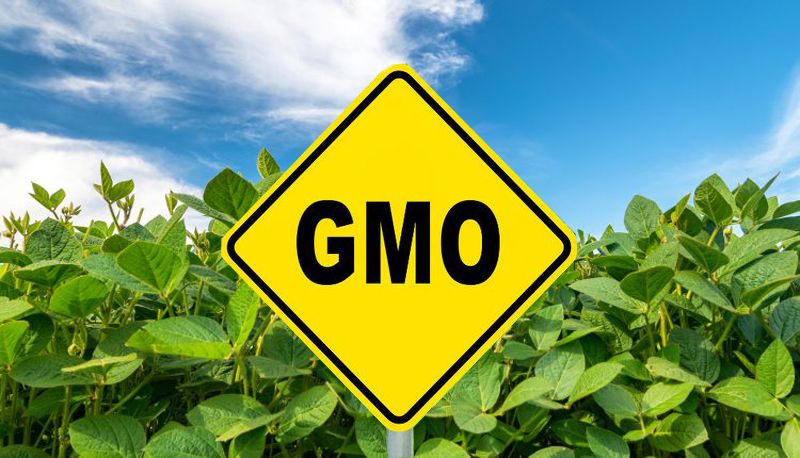The US Environmental Protection Agency (EPA) has published a final rule on gene-edited (GE) plants exempting them from an in-depth review process if the change could have been achieved with conventional breeding, Science website reported.
The EPA’s ruling followed a decision made last year by the United States Department of Agriculture (USDA) which exempted specific GE changes to plants. The USDA’s decision had raised hopes that it would lead to looser regulation of GE crops, the 2 June report said.
However, to ensure safety for humans and wildlife, the EPA said it would require developers to submit data to show plants that had been gene-edited to resist pests – for example by producing more of a naturally-occurring toxic protein – would not harm other components of the plant’s eco-system or harm people, Science wrote.
The move clarified the regulatory requirements for industry and provided valuable oversight, Jennifer Kuzma of North Carolina State University, an expert on biotechnology and public policy, was quoted as saying.
However, an industry group claimed the new rule would stifle innovation.
In the USA, three federal agencies regulate genetically modified (GM) crops. The USDA evaluates whether a biotech crop could harm agriculture by becoming a noxious weed, for example, while the EPA checks if a “plant-incorporated protectant” could harm farmworkers or wildlife. Meanwhile, the Food and Drug Administration is responsible for food safety.
For more than 20 years, all three bodies had reviewed crops engineered to contain DNA from other species, an appraisal process that could take years and costs industry millions of dollars in testing, Science wrote.
The extent of agency oversight has been unclear for GE crops, in which DNA is modified but not moved between species, according to the report.
The USDA’s finalised rule last year had limited its oversight with, for example, researchers not required to ask for agency approval if they had given a crop a trait that already existed naturally in a sexually compatible plant, the report said.
The EPA had also announced on 25 May that it would use the conventional breeding exemption for many GE crops, although – unlike the USDA – the agency would require companies to submit confirmatory safety data, such as evidence that the changes did not increase pesticide levels beyond those found in food from conventional crops, Science wrote.
According to the agency, regulatory review would still be faster and cheaper for GE crops compared with transgenic plants.
However, the American Seed Trade Association (ASTA) has said it had concerns that researchers who used conventional breeding – and had not previously needed to ask the EPA for a regulatory review – would be reluctant to adopt gene editing.
“The EPA’s new rule adds bureaucratic layers of red tape,” ASTA director Andy LaVigne was quoted as saying in a statement. “The ramifications of its policy for US innovation are potentially widespread and significant, especially when it comes to impacts on small and medium-sized entities in the USA – particularly in fruits, vegetables and other small acreage crops. … The cost[s] will ensure that only the largest of companies can afford to develop future innovations.”
According to North Carolina State University’s Kuzma, the EPA had struck a reasonable balance.
“We need some sort of outside check to make sure that the industry is thinking about risks to non-target organisms and humans when it comes to pesticidal compounds.”




